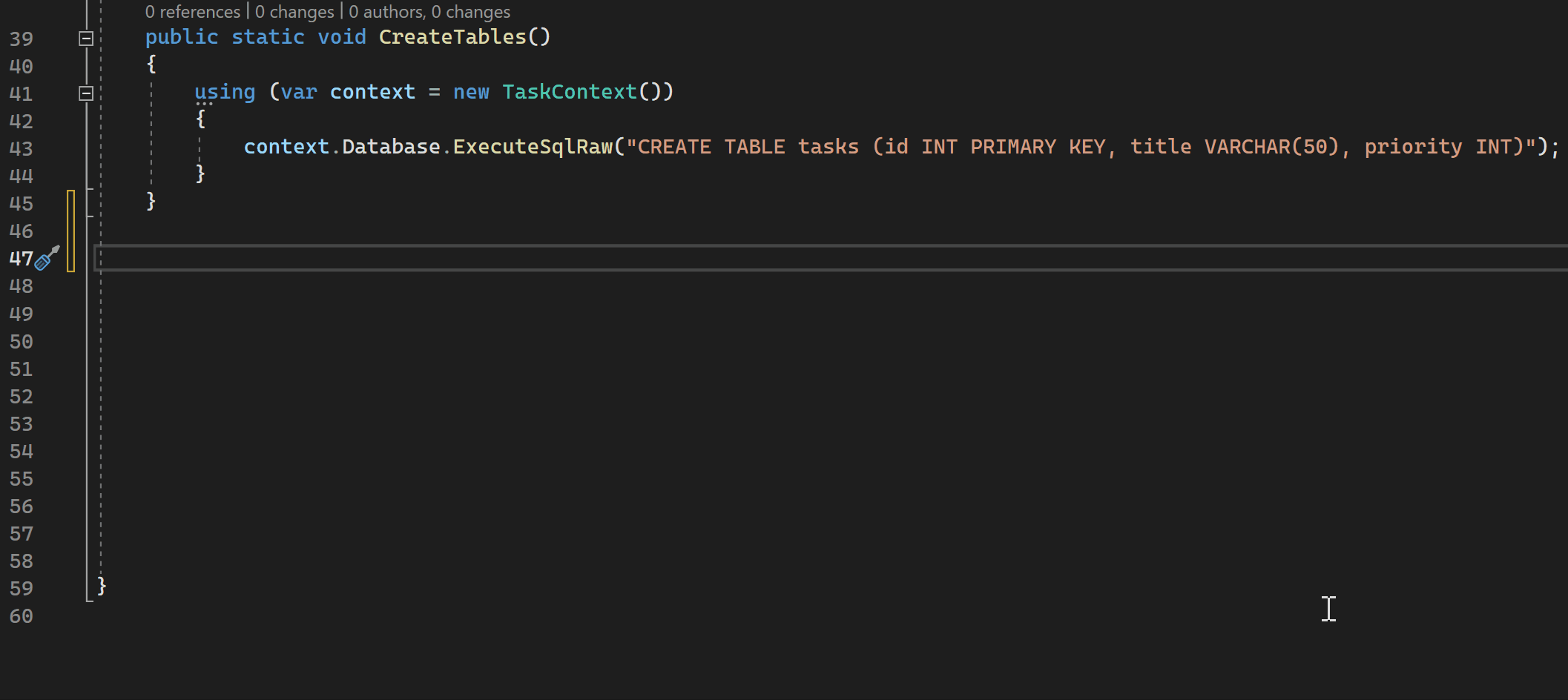The Difference Between Ethical and Responsible AI
With the rapid increase in AI implementation across industries, businesses with high ethical scrutiny are faced with multiple complaints and …
READ MOREAI has been an anticipated technological breakthrough, taking over most manual white-collar jobs today. PwC’s Global AI Study reveals that AI will contribute $15.7 trillion to the Global Economy by 2030. Additionally, a study that analysed current programming patterns in 2017 found that by 2040, machines will write most of their code. Low to no-code tools emerged as a solution for non-engineering persons to build software on their own. Today, AI software development tools have emerged as a complement to assist developers in building better solutions.
This article will cover:
AI in software development is not new. We have witnessed its proficiency in generating code, conducting AI-powered security checks, debugging, managing projects and sprints, and more. However, the limitations are coming into view. Similar to GenAI in any other industry, most of what it can replace today are tasks that follow some type of routine and pattern, which machine learning algorithms identify and automate. Strategic tasks such as solution designing, error accountability, guaranteed accuracy, contextual outputs and the finer knowledge of clients are still aspects that cannot be replaced.
As Corey Soto, SVP of Product Development, says, “AI won’t replace all software developers and engineers. Companies that invest in increased automation to chain tools and AI together will amplify the impact human developers make”.
GitHub Co-Pilot is the most common AI application used today in software development. It supports a large number of languages, generates more complete code and offers various code editor integrations.

Open AI Codex is another preferred AI development tool. In addition to general features, Codex excels in natural language processing as it descends from GPT-3. This allows engineers to prompt code in simple English, and it’s free to use.
Amazon CodeWhisperer is hailed for its ease of use within the Integrated Development Environment (IDE). In addition to common capabilities, CodeWhisperer also has a powerful feature for vulnerability checks and fixes.
Tabnine is yet another highly used AI tool in software development. Similar to the rest, it has intelligent code completion and suggestions and provides real-time feedback and error detection capabilities.
AI’s role in software development is clearly expanding. GitHub Copilot, for instance, has demonstrated a 55% boost in developer productivity on certain tasks. Despite these advancements, AI’s capabilities are still limited in areas requiring complex decision-making and nuanced understanding, as highlighted by the University of Chicago’s study on AI’s resolution rates in real-world GitHub issues.
Going even further, frameworks like LangChain are paving the way for even more sophisticated AI applications in coding. LangChain, which recently secured $25 million in a Series A funding round led by Sequoia Capital, exemplifies this trend by providing crucial building blocks for developing advanced AI agents capable of autonomously navigating and enhancing software development workflows. Which brings us to…
The effectiveness and impact of using AI assistance to build software depends on how engineers use the tools. Commonly, AI-assisted software delivers:
Personalisation: In e-Commerce environments, personalised services are key to securing sales, repeat customers and engagement. With AI analysing large datasets more meticulously, this is more achievable than ever.
Reliability: In industries where software powers physical equipment and IoT, such as automotive and aviation, reliability is crucial. AI-assisted software can automate quality tests, predict errors, and fix them as the program develops, increasing the reliability of the solution.
Quick Turnover: AI-assisted software takes much less time to develop, and is a better choice for time-sensitive projects.
It does not seem likely but the future may surprise us. AI may not replace software engineers but rather complement them. The quality of AI-assisted coding depends entirely on the prompts and skills of the engineer. Hence, it is important to retain talent to build high-performing software. On the other hand, AI helps to complement the skills of engineers, encouraging them to innovate beyond their capabilities. Furthermore, AI tools in software development are expected to advance the onboarding of junior developers by providing instant feedback, flattening the learning curve and upskilling them.
It boils down to this very question for many of you CXOs and CEOs: How can it improve my business and earn a considerable return?
While there is a learning curve, many engineers today are well-versed in using AI tools in development. In a survey done by GitHub with over 500 US-based developers, 92% claimed they use AI coding tools today, helping them improve the quality of their output. With AI automating most support tasks, managing IT resources and planning will no longer be a costly commitment. Moreover, it’ll increase reliability by mitigating system failures and increasing overall security.
When AI takes over monotonous tasks, developers will be able to double their productivity, collaborating with cross-functional tech teams and designing high-quality solutions. Solution designing is one of the key areas of software development that requires manual intervention and brainstorming.
Buying ready-made software, including plug-and-play SaaS products, has always been considered flexible and easy to set up compared to exclusive enterprise solutions. With AI today, building software over buying it is becoming a norm. It’s expected that a large number of enterprises will switch vendors in the coming years. A McKinsey survey suggests that the market size would rocket from $35 to $40 billion within the next three to four years, and it could grow significantly in the coming decade. The benefit of building software is the capability of expansion that accommodates business growth. As an interesting afterthought, however, the age of AI has also opened up the possibility of the gains of buying off-the-shelf software, particularly in terms of speed and increased reliability. Such AI-powered solutions now allow businesses to quickly adopt advanced technologies without the need for extensive in-house expertise, enabling them to focus resources on core business activities and strategic growth initiatives. One such example is Internal Developer Platforms today that boast features like automated deployment pipelines, auto-scaling and infrastructure provisioning, not to mention AI features for debugging and rootcause analysis.
The ‘Build versus Buy’ concept has also allowed automation workflows to shed light on non-tech operations, giving rise to Citizen Developers. Automation platforms like Make, allow almost anyone to build a workflow for any operation, be it Marketing, Sales, or Accounting. These in-house solutions act as coordinators, managing tasks simply through a single platform.
The Software Development arena today has created an attractive space for investors. The numbers speak for themselves: Developer productivity is said to increase by 55% with AI tools, and automated tests along with AI-assisted Quality Engineering further expedite project development and deployment. With many industries worldwide still using outdated legacy systems and mediocre software solutions, countless opportunities have emerged for investors to explore AI-assisted software development which promises profitable returns, faster turnaround times and efficient project completion.

For CTOs and CXOs gearing up for this development disruption, here are some recommendations for tomorrow’s world in software development. Author, scientist, and Google research engineer Pete Warden says that “there will be a long ramp-up as knowledge diffuses through the developer community, but in ten years I predict most software jobs won’t involve programming.”
Inbal Shani, the Chief Product Officer at GitHub says, “Developers today do more than just write and ship code—they’re expected to navigate a number of tools, environments, and technologies.” In the upcoming years, Developers will move to platform thinking which essentially means they will build code for goal-oriented functional designs and not for specific design-based outcomes. This is part of the Developer Experience (DevEx) which will also focus on problem-solving, packaging and prioritisation, and make work with existing workflows to increase quality over quantity of output. This is what DevEx Tool Suites such as SkyU are doing for the global DevOps and Platform Engineering community.
AI tools in software development can generate code and carry out operational tasks, however more strategic layouts require human intervention. And the more adept a developer is using AI tools, the better outputs they would receive. In order to create a better impact on delivery, it’s best to avoid top-down AI application methods as it can cause disengagement and will require additional manual review of code.
One of the biggest challenges in AI in software development is understanding algorithms.
Explainable AI (XAI) is an AI system that promotes transparent, accountable and fair decision-making, helping companies develop responsible AI solutions by providing insights into how algorithms work behind the scenes. Additionally, it’s important to implement Ethical AI practices across processes. Ethical AI uses algorithms structured to maintain fairness, accountability, and transparency, ensuring the platform generates responsible and unbiased outputs.
Navigating the transformative landscape of AI in software development reveals abundant opportunities for forward-thinking leaders. AI-powered tools are reshaping software engineering, accelerating development cycles, and elevating the precision and reliability of solutions. As AI takes on more coding responsibilities, the importance of asserting and testing requirements will become increasingly paramount. We will tackle this in our next blog on how AI is transforming defect reduction in quality engineering.
With the rapid increase in AI implementation across industries, businesses with high ethical scrutiny are faced with multiple complaints and …
READ MOREThe next time you sit down with your Chief Innovation Officer, bring up quality maturity as an agenda item. Artificial intelligence (AI) exists with …
READ MORE